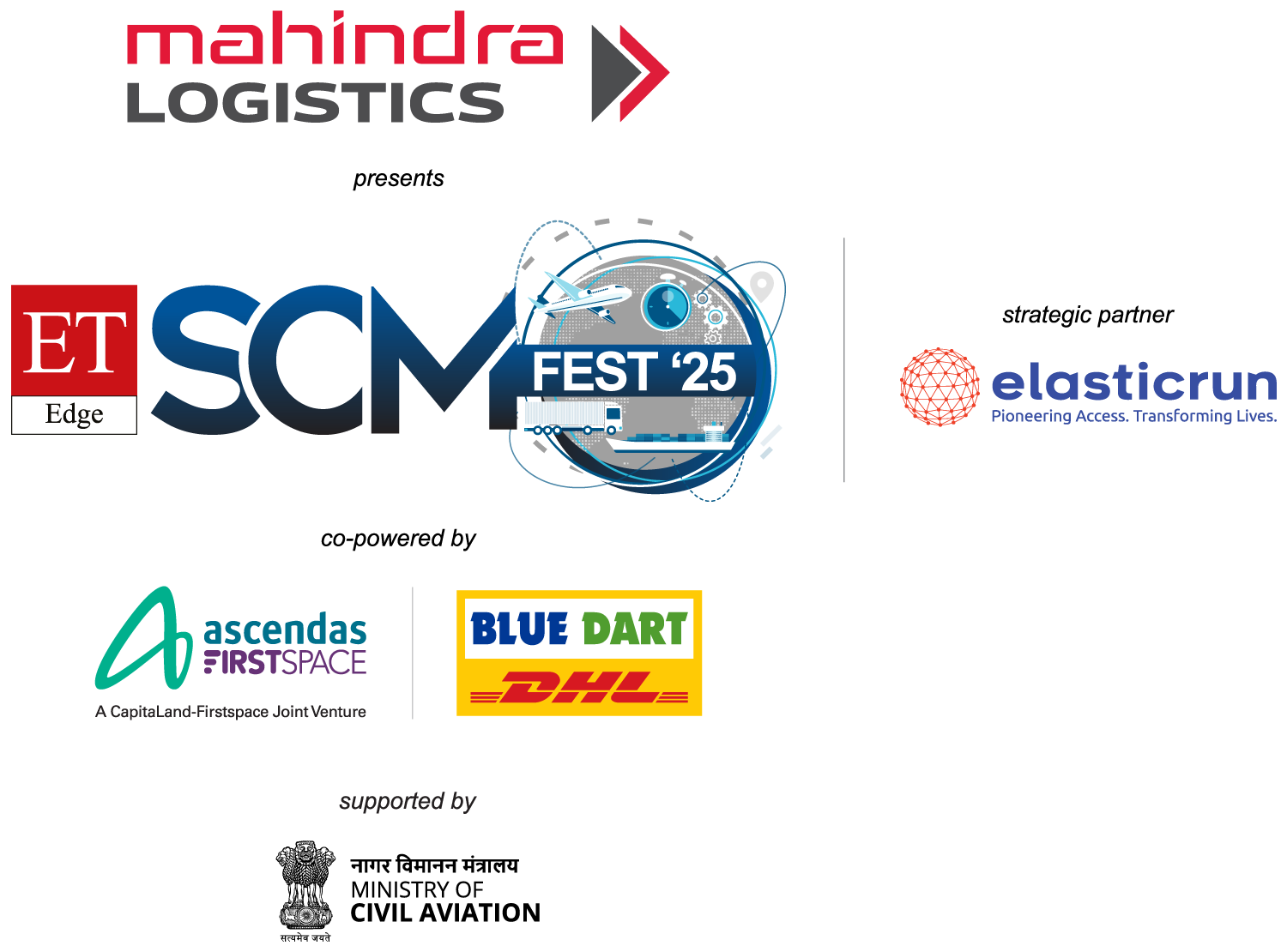Article
- Home
- Article

- scmcp2025
- 0 Comments
Technologies Transforming Supply Chain Landscape and Job Market
As the supply chain industry undergoes a rapid technological transformation, one question looms large: Are these advancements a boon for efficiency or a threat to jobs? The adoption of cutting-edge technologies such as artificial intelligence (AI), blockchain, Internet of Things (IoT), and robotics promises unprecedented improvements in speed, accuracy, and efficiency. Yet, amid these technological advancements, a fundamental concern persists—will these innovations render human workers obsolete? This provocative question challenges businesses, policymakers, and workers alike to rethink their roles in an increasingly automated world.
Technology Revolutionising Supply Chain
In today’s fast-paced business environment, the need for speed, accuracy, and efficiency has never been greater. Advanced technologies are stepping in to meet these demands, transforming traditional supply chains into smart, interconnected systems. These innovations enable real-time data collection, analysis, and communication across the entire supply chain, from raw material suppliers to end consumers. The integration of these technologies allows for more precise demand forecasting, inventory management, and logistics planning, significantly reducing costs and improving service levels. Furthermore, these advanced systems enhance collaboration and transparency among all stakeholders, fostering a more resilient and responsive supply chain capable of adapting to disruptions and changing market conditions. Companies leveraging these technologies gain a competitive edge by optimising their operations, increasing sustainability, and delivering superior customer experiences.
- Artificial Intelligence: The New Decision-Maker
AI stands out as a transformative force in supply chain management. By analysing massive datasets, AI systems can predict demand, optimise routes, and manage inventory with remarkable precision.
- Blockchain: Ensuring Trust and Transparency
Blockchain technology brings unprecedented transparency to supply chains. Its decentralised and immutable ledger ensures that every transaction is recorded and verifiable, crucial for industries like pharmaceuticals and food.
- IoT: Real-Time Connectivity
IoT devices provide real-time visibility and control across the supply chain. Sensors embedded in products and machinery allow companies to monitor conditions, track shipments, and predict maintenance needs, leading to improved efficiency and reduced downtime.
- Robotics and Automation: Redefining Efficiency
Robotics and automation are revolutionising warehouse operations and logistics. Autonomous robots perform tasks such as picking, packing, and sorting with high speed and accuracy, reducing human error and labour costs.
The Job Market Conundrum: Threat or Opportunity?
The integration of advanced technologies raises valid concerns about job displacement. Routine and repetitive tasks are increasingly being automated, leading to fears that human workers may become obsolete. However, the reality is more complex.
Reshaping Job Roles
Rather than eliminating jobs, technology is reshaping them. Routine and repetitive tasks are being automated, freeing up human workers to focus on more strategic and complex activities. For example, while AI can handle data analysis, human workers are needed to interpret the results and make strategic decisions.
The demand for tech-savvy professionals is also on the rise. Roles such as data analysts, AI specialists, and IoT engineers are becoming increasingly important. According to Gartner, the global supply chain workforce is evolving, with 41% of supply chain professionals being women, up from 39% in 2022, and 26% of C-suite roles now held by women. This shift highlights the growing importance of diverse and skilled talent in navigating the complexities of modern supply chains.
To stay relevant, continuous learning and upskilling are imperative. Companies are investing in training programs to equip employees with the skills needed to work alongside advanced technologies. Collaborative efforts between businesses, educational institutions, and governments are essential to create a robust talent pipeline ready for the future.
Technology also opens new avenues for innovation and entrepreneurship. As supply chains become more digital, the demand for innovative solutions to address emerging challenges grows. Startups and small businesses can capitalize on these opportunities, driving economic growth and job creation.
A Collaborative Future
The path to a technologically advanced supply chain requires collaboration among industry leaders, policymakers, and academia. Events like the Supply Chain Management and Logistics Summit offer a platform for panel discussions, networking, and knowledge sharing, fostering a collective approach to future challenges and opportunities.
As we gather at the biggest Supply Chain Conference, it’s evident that technology will continue to shape the future of supply chains. Embracing these advancements while preparing the workforce for new roles is crucial. The future lies in a harmonious blend of technology and human ingenuity, driving success and sustainability in global supply chains.
Join us at the summit to explore these topics, hear from industry thought leaders, and be part of the conversation that will shape the future of supply chain and logistics. Together, let’s embrace the technological revolution and unlock the full potential of our global supply chains.
© Copyright 2025. All Rights Reserved.


